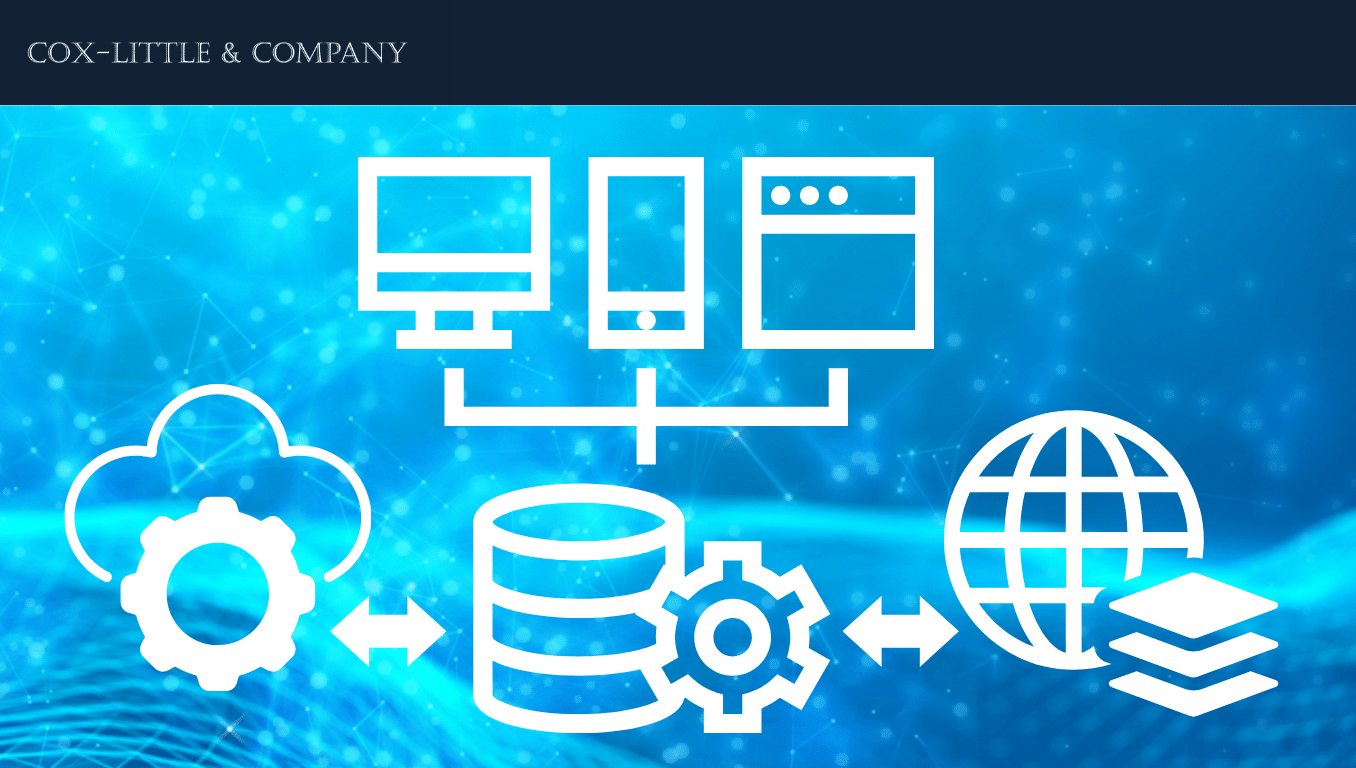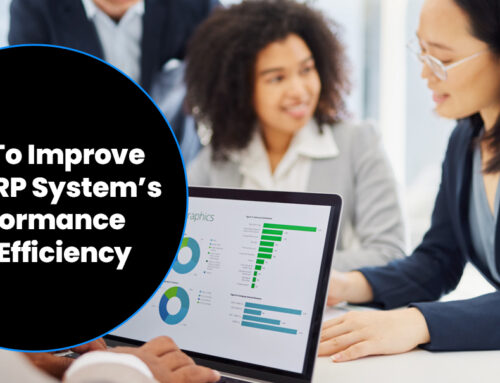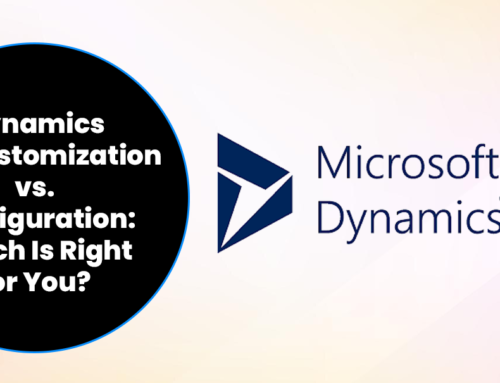
Oracle is regarded as an industry favorite in the world of enterprise business software solutions. And while Oracle has long been popular amongst large enterprises and mid-sized enterprise ventures, their newer software as a service (SaaS) offerings are emerging as a popular choice amongst smaller companies too.
Oracle Cloud ERP solutions and Oracle EBS are two of the most popular Oracle business software platforms, but choosing the right one for a company’s needs can prove challenging. This is especially true if the decision-makers and stakeholders lack technical knowledge. Let’s examine Oracle EBS versus the Oracle Cloud ERP platform and how these two systems differ.
What is Oracle EBS?
Oracle e-Business Suite (EBS) is available as an on-premises software offering. Oracle EBS is a collection of three key business software interfaces:
- An enterprise resource planning (ERP) platform;
- A customer relationship management portal (CRM); and
- A supply chain management (SCM) system..
Additionally, the interface includes EBS reporting which comes with full BI integration. This is an attractive feature for companies that require Microsoft Power BI for its analytics and data visualization insights.
For some companies, this trio of Oracle business software solutions represents everything a company needs to succeed. But an increasing number are turning to the newer, Oracle Cloud ERP platform.
What is Oracle Cloud ERP?
Oracle ERP cloud is a cloud-based enterprise resource planning software platform. This software as a service (SaaS) cloud solution is accessible from anywhere with an internet connection, so it aligns well with today’s remote work trends.
Oracle Cloud ERP cloud is both versatile and scalable since the SaaS platform easily accommodates business growth and evolution. In fact, an increasing number of companies have started migrating from the older on-premises Oracle ERP platform to this new cloud-based SaaS ERP solution.
Not only does Oracle Cloud ERP bring the usual cloud-related benefits, but it also includes new functionalities and features that aren’t available in the older on-prem version. For example, Oracle’s cloud-based ERP includes artificial intelligence (AI) capabilities, including “smart” financial suggestions.
Comparing Oracle EBS vs Oracle Cloud ERP
Still uncertain about which Oracle software solution is best for your company’s needs? Consider these points of comparison between Oracle Cloud ERP and Oracle EBS.
- Access and Use – As the name suggests, Oracle Cloud ERP is a cloud-based system. Therefore, users need just a device and an internet connection to access the platform. Oracle EBS is typically hardwired into in-office computers, representing a significant barrier to remote work capabilities. The virtual workspace trend shows no sign of slowing, so this fact alone has prompted many companies to make the migration to Oracle’s cloud-based ERP platform.
- Cost – Money matters and financials are a top consideration when selecting business software of any kind. Oracle Cloud ERP empowers companies to pay for resources only as they’re used and the licensing fee is lower than EBS. Meanwhile, the on-premises Oracle EBS requires the addition of additional server blocks, yet those resources won’t be fully utilized. This translates into greater expense, with lower cost-effectiveness.
- User Experience – The Oracle Cloud ERP user interface (UI) is generally regarded as quite user-friendly. The streamlined user experience allows for maximum productivity, which is a major benefit to any business. The on-prem Oracle EBS platform features the older UI and by comparison, the UX feels rather “clunky” and inefficient.
- Updating and Maintenance – Updates are relatively easy and painless for Oracle Cloud ERP since the platform is updated automatically and continually. This translates into lower costs and less disruption. On the other hand, the on-prem Oracle EBS interface must be updated manually, resulting in a bit more effort, disruption and expense.
- Integrations – Integrations are an essential part of nearly every ERP platform, making the ease of integration a key consideration. The architecture of Oracle Cloud ERP allows for a broad variety of integrations and they can usually be achieved with less effort than what would be required for EBS. Oracle EBS simply isn’t designed to support many third-party integrations. While EBS can now support SaaS integration, it requires custom development work to facilitate these connections. That translates into lots of time and expense.
- Security – Security is always a concern, regardless of industry and company size. Oracle’s cloud-based ERP platform touts the exceptional security that has become the industry standard for cloud solutions. As an on-premises platform, Oracle EBS features rather robust security too, making this an area where the two platforms are fairly comparable — but only if a company invests time and effort into maintenance and updates. There’s no telling how long this will remain the case because Oracle EBS is increasingly regarded as a legacy system that is seeing fewer Oracle-issued updates and improvements.
Which is Better? – Oracle EBS or Oracle Cloud ERP?
Choosing between Oracle’s cloud-based ERP and EBS is no small feat, as these are complex systems that essentially run a large, complex enterprise. The best choice will depend upon many factors and each company has its own unique set of needs and challenges.
Oracle Cloud ERP is emerging as the more popular of the two choices, especially on the heels of the ever-growing remote workspace trend. Operations are rapidly going virtual and cloud-based software solutions really just make the most sense.
With the future of hiring ERP professionals and the future of ERP in general, Oracle EBS brings a degree of risk because there is no telling how long Oracle will continue to support this platform. In recent years, EBS has seen fewer updates and components such as the user interface already feeling somewhat “dated.” The business world as a whole has been gradually moving away from on-premise solutions, so when considered alongside the higher cost, poor scalability, and more limited functionalities, it’s fair to surmise that Oracle EBS will continue to see a drop in popularity as more opt for Oracle’s SaaS cloud-based offering.
At Cox-Little, we understand how challenging it can be to find the right enterprise software solutions for your needs. We pair clients with world-class ERP consultants to guide them through every step of the process, from evaluating the company’s needs to choosing the perfect ERP solution and finding top IT professionals to oversee deployment and maintenance. Contact us today to learn more about our Oracle consulting services.
[/fusion_text][/fusion_builder_column][/fusion_builder_row][/fusion_builder_container]






